By Norman (Otis) Richmond
When most people grow older they tend to get shorter. Not pianist, band leader, and composer Randy Weston. When Weston recently performed at the Glenn Gould Studio in Toronto, Jazz FM’s Larry Green said Weston stands 6’ 8’’. However, on the liner notes of his new CD Zep Tepi, he is listed as standing 6’9’’. When I pointed this out to Weston during a recent telephone interview on CKLN-FM 88.1 he broke into his trademark thunderous laugh and said, “Actually my feet have gotten bigger. I used to wear a size 15 shoe but the last time I went to buy a pair of shoes the salesman said, ‘Mr. Weston you now need a size 16’”.
Weston is celebrating his 80th birthday with the release of Zep Tepi. The translation into English is "First Time," which is the name of the ancient Egyptian creation story. This CD is also Weston's first trio recording in decades. Weston is joined by Neil Clarke on African Percussion, and the Panamanian–born and Brooklyn raised Alex Blake on bass. The ten compositions on this recording range from Weston’s well know compositions like “ High Fly”, “Blue Moses” , the Ghanaian Guy Warren’s (Kofi Ghanaba) chestnut “Love, The Mystery Of” and new material like “Ballad For T” and “Tamashii”.
Zep Tepi is an instant classic which captures ancient Africanism and 21st century urbanisms. While Weston was born in the West, he is not of the West and this is reflected on his latest masterpiece.” It’s the first trio recording I’ve done since the 1970s. My last trio recording was a date I did for Duke Ellington, which came out on Arista Freedom. It was called Berkshire Blues.” Weston said he began with a trio but later stretched out with orchestras, small groups and symphonies but he felt he wanted to return to his roots. He also feels that Blake, who he first heard playing with Dizzy Gillespie’s Big Band when the bassist was a mere lad of 16 and Clarke on African Percussion is a match made in heaven.
Weston also has a new label. After years of being with Verve he is now with the independent Random Chance Records. Random Chance Records is a small independent company that offers Weston the maximum freedom to continue to create great African rhythms. The company bills itself as a “Blues Jazz & Whatever” label. He spoke about the label in positive terms. Said Weston, “It’s my first recording for the company. I think they record Gerry Gonzales and some other artists. They are pretty young. I met the owner. We had a meeting and we came to terms. He seems like a very nice guy so I wish him luck.” The company has a beautiful web site, http://www.randomchancerecords.com/
One of the tracks on Zep Tepi is “Portrait of Frank Edward Weston”, who was Weston’s Panamanian born father. Weston squarely places the blame for his lifelong love of Africa and African people on the senior Weston. His father always told Weston that he was, “an African born in America”. “He told me I had to learn about myself and about him and about my grandparents,” Weston went on to say, “and the only way to do it was I’d have to go back to the motherland one day.”
That day would come in 1961 when he visited Africa for the first time, along with the African American poet Langston Hughes and a number of other African American and African artists, to perform at a festival in Lagos, Nigeria. He would return again in 1963 along with a painter, Elton Fax, where they lectured in Nigerian universities and at various schools.
While many African American jazz musicians, writers, and others chose to move to France and other European nations, Weston chose Africa. He would move to the North African nation of Morocco in 1967 and open up his own jazz club there, the “African Rhythms Club”. Weston remained for six years before returning to the U. S.
Frank Wilson Weston’s legacy continues to open up doors for Weston. Martin Torrijos, the current president of Panama, recently offered Weston Panamanian citizenship if he wanted it. While Frank Wilson Weston was born in Panama his father had been born in Jamaica. Weston was able to use his connections in the Pan African world to help his friends and comrades. One of the people who benefited from Weston’s international links was Melba Liston.
Trombonist/ arranger Liston had a special relationship with Weston. The relationship began in 1960 when Liston arranged Weston’s groundbreaking album Uhuru Afrika “After we did Uhuru Afrika which at that time was controversial it became difficult for her to get work. We had a concert coming up at Central Park. I wanted to bring up a traditional reggae band Count Ozzie and the Mystic Revelation of Rastafari as well as the guitarist Ernest Ranglin.
“My father’s side of the family is Jamaican. Melba and I went to the then Minister of Tourism P.J. Patterson (who later became the Prime Minister) and Rex Nettleford (the Caribbean Renaissance man) that was it. Melba liked it so much we got her attached to the University of the West Indies at Mona and she stayed there five years.”
“When Randy Weston plays a combination of strength and gentleness virility and velvet emerges from the keys in an ebb and flow of sound seemingly as natural as the waves of the sea” is how Langston Hughes describes Weston’s playing. For more information about Weston, or to purchase his latest CD, Zep Tepi, visit Weston in cyberspace http://www.randyweston.com/
Norman Richmond can be contacted Norman@ckln.fm
Saturday, December 9, 2006
Subscribe to:
Post Comments (Atom)

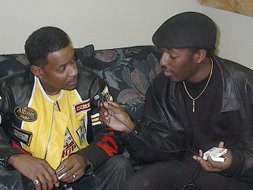

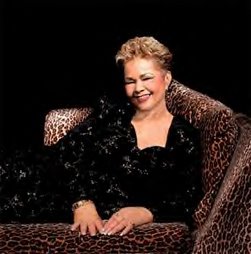
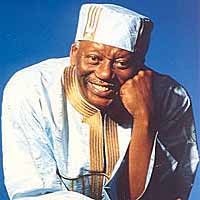

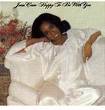
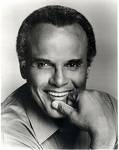

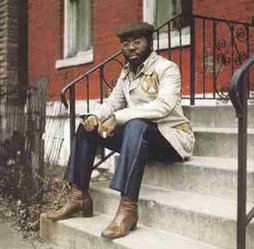
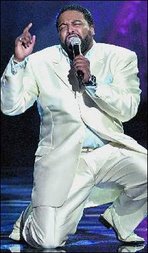
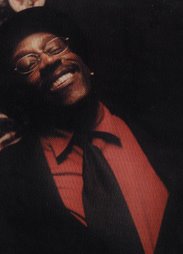
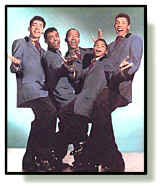
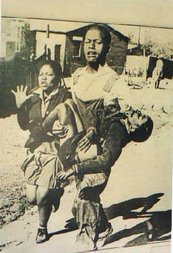
No comments:
Post a Comment